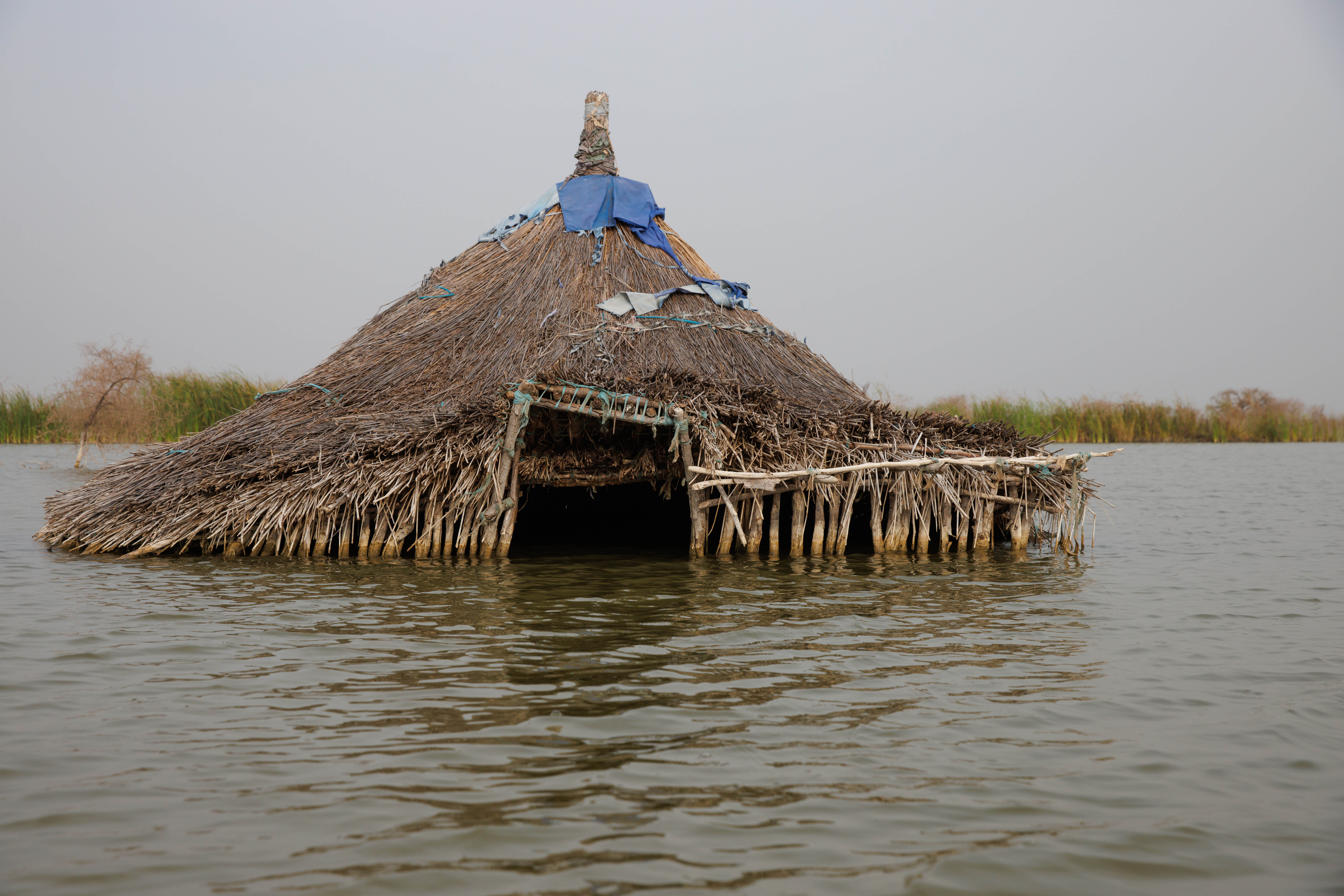South Sudan May See the First Permanent Mass Displacement Due to Climate Change
South Sudan May See the First Permanent Mass Displacement Due to Climate Change
Climate change is having a devastating impact on countries around the world, and South…

South Sudan May See the First Permanent Mass Displacement Due to Climate Change
Climate change is having a devastating impact on countries around the world, and South Sudan is no exception. Located in East Africa, South Sudan is facing extreme weather events such as prolonged droughts, flash floods, and unpredictable rainfall patterns that are disrupting the lives of its people.
These environmental changes are threatening the livelihoods of many South Sudanese who rely on agriculture for their survival. The inability to grow crops and raise livestock has led to food insecurity and malnutrition in the region.
As a result, experts warn that South Sudan may soon see the first permanent mass displacement of its population due to climate change. The lack of resources and infrastructure to support those affected by environmental disasters has created a dire situation for many communities.
Furthermore, the ongoing civil conflict in South Sudan has exacerbated the impact of climate change, making it even more challenging for people to access basic necessities and rebuild their lives.
The international community must come together to address the root causes of climate change and support countries like South Sudan in building resilience and adapting to a rapidly changing environment. Failure to take action now could lead to irreversible consequences for the people of South Sudan and other vulnerable regions around the world.
It is crucial that governments, organizations, and individuals prioritize sustainable practices and advocate for policies that mitigate the effects of climate change. This includes reducing carbon emissions, conserving natural resources, and investing in renewable energy sources.
By working together, we can help prevent mass displacement and protect the future of our planet for generations to come.





